
Trustworthy journalism comes at a price.
Scientists and journalists share a core belief in questioning, observing and verifying to reach the truth. Science News reports on crucial research and discovery across science disciplines. We need your financial support to make it happen – every contribution makes a difference.
All Stories by Science News Staff
-
 Quantum Physics
Quantum PhysicsU.S. marches to tick of new clock
The atomic clock NIST-F2 has launched as the country’s official civilian time and frequency standard.
-
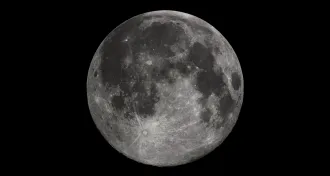 Planetary Science
Planetary ScienceMoon gets younger age estimate
The moon may have formed about 95 million years after the birth of the solar system, up to 70 million years later than some scientists previously predicted.
-
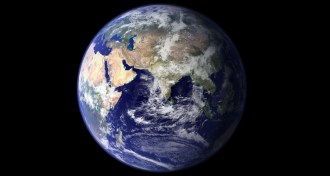 Climate
ClimateWorld unprepared for changing climate, IPCC says
The latest intergovernmental report says planetwide impacts continue.
-
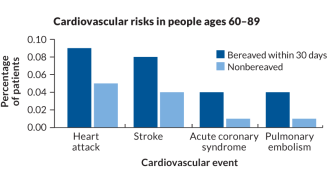 Psychology
PsychologyGrief takes its toll
A person’s risk of heart attack or stroke is doubled in the month following the death of a spouse or partner.
-
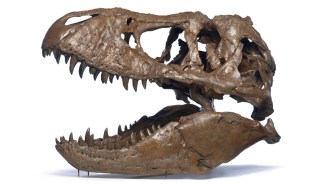 Life
LifeTo do: Exhibits to explore in the U.S. and London
Highlights include the impending arrival of a T. rex skeleton in Washington, D.C., a pterosaur exhibit coming to New York City, and the history of longevity at the Royal Society in London.
-
 Climate
ClimateNatural climate shifts affect sea level rise
A recent dip in the rate of sea level rise may be due to natural climate variability.
-
 Tech
TechEnglish Channel tunnel
First proposed in 1802 as a tunnel for horse-drawn carriages, the Channel Tunnel, or Chunnel, was built starting in 1987 and opened in 1994.
-
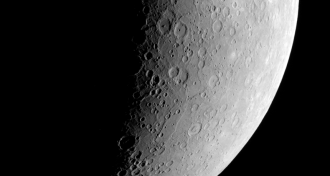 Planetary Science
Planetary ScienceMercury is more shriveled than originally thought
Like a week-old party balloon, Mercury has shrunk over the last 4.6 billion years.
-

-
 Planetary Science
Planetary ScienceFeedback
Readers respond to a special report on neuroscience and discuss moon dust.
-
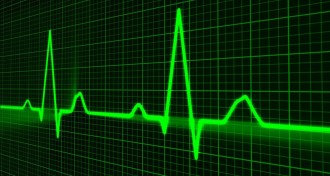 Neuroscience
NeuroscienceHeartbeats help people see
People were more likely to spot a flash of a hard-to-see ring when the image was presented right after a heartbeat
-
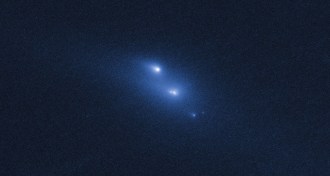 Planetary Science
Planetary ScienceAsteroid disintegrates while spinning too fast
Asteroid P/2013 R3 is shattering into a cloud of debris in these images captured by the Hubble Space Telescope.